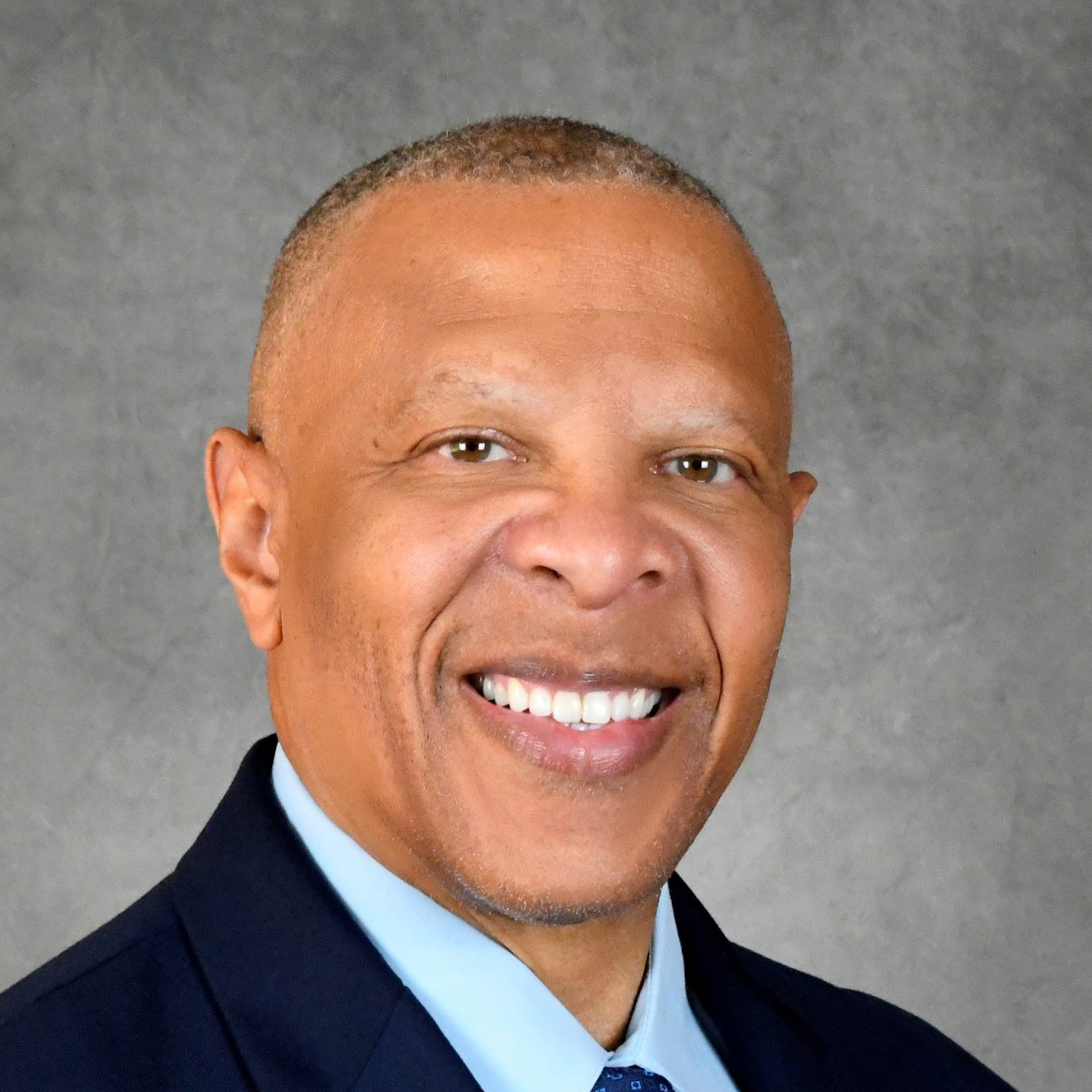The Race
Douglas County Treasurer John Ewing will attempt to do what no candidate has been able to do in the past 12 years: defeat Omaha Mayor Jean Stothert.
The two advanced from a field of five candidates in the April primary.
Stothert, a Republican who previously served on the City Council, was first elected mayor in 2013. She has comfortably won reelection twice since then, including in 2021 when she received 64% of the vote over the Democratic opponent.
Ewing, a Democrat and former Omaha police officer, has served as county treasurer since 2007.
The race is officially nonpartisan, meaning party affiliation does not appear on the ballot.
Top Priority
Ewing said the biggest issue is the discrepancy between wages and housing costs. He said he would prioritize creating jobs that support the city’s infrastructure and develop housing for low- and middle-income wage earners. He said the city needs to invest in its infrastructure and public amenities, including roads, parks and the library system.
Stothert said she has focused on public safety, lowering property taxes, controlling the city’s budget and investing in Omaha’s streets. She noted that homicides and violent crime in general are down, and said higher salaries and other changes will allow the city to deal with a declining pool of police recruits. Stothert said the city’s property tax has been lowered five times under her watch, and a voter-approved bond issue is allowing the city to accelerate street repairs – without a tax increase.
Tax Increment Financing (TIF)
Stothert said TIF has allowed for numerous developments across the city, and an independent auditor that reviewed the city’s use of TIF has confirmed that Omaha is compliant with state law. The city, she said, will continue to use TIF, which she called indispensable for attracting investment. By leveraging future property tax revenue, Stothert said, TIF enables municipalities to fund critical development projects without immediate tax increases or reliance on grants.
Ewing said TIF is an important tool for revitalization, but the city should be more judicious in its use. He said he wouldn’t use TIF on projects that would be financially viable without TIF incentives. When TIF is overused, he said, it becomes a hidden tax increase as it shifts the burden from the city to other political entities. He said he would focus on expanding housing stock and development in the areas where it is most needed.
Streetcar
Ewing said he has serious concerns about the use of TIF financing for the project, saying it was inappropriate and that the scope of the designation was excessive, putting the city at risk of legal action and jeopardizing future TIF-funded projects. He said he would prioritize responsible TIF usage to support urban revitalization efforts and do his best to control the project’s cost, hold contractors accountable and ensure that all deadlines are met.
Stothert said the streetcar will help modernize Omaha’s urban core while requiring no tax dollars. Because no general tax dollars are being used for the streetcar, she said, the public has nothing to vote on. Stothert said the streetcar already has spurred $1.5 billion of new development. She added that the streetcar does not take funding away from other city services. She said estimates show it will generate more TIF revenue than needed for the project – money that can go to other needs such as affordable housing.
Housing
Stothert said as mayor, she has promoted safe and affordable housing through several key initiatives. The city’s Housing Affordability Action Plan addresses the need for nearly 30,000 housing units by 2030, with 60% designated as affordable. The city also has committed $20 million from federal American Rescue Plan Act funds, an amount that was matched by both philanthropic sources and the federal government, to create and preserve affordable housing. The city also offers low-cost land sales and has started programs to transform Omaha Municipal Land Bank lots, Stothert said.
Ewing said he would propose a task force on decent and affordable housing, bringing together stakeholders to produce a plan that would include development incentives, funding mechanisms, expanded public land development and zoning reform. He said he would increase funding for affordable housing and address zoning practices that hinder the development of affordable housing and restrict shared housing arrangements. Ewing said he also would push to develop high-density housing near transit lines to improve job access and reduce parking congestion.
Meet the candidates
Candidate Interviews
John Ewing

